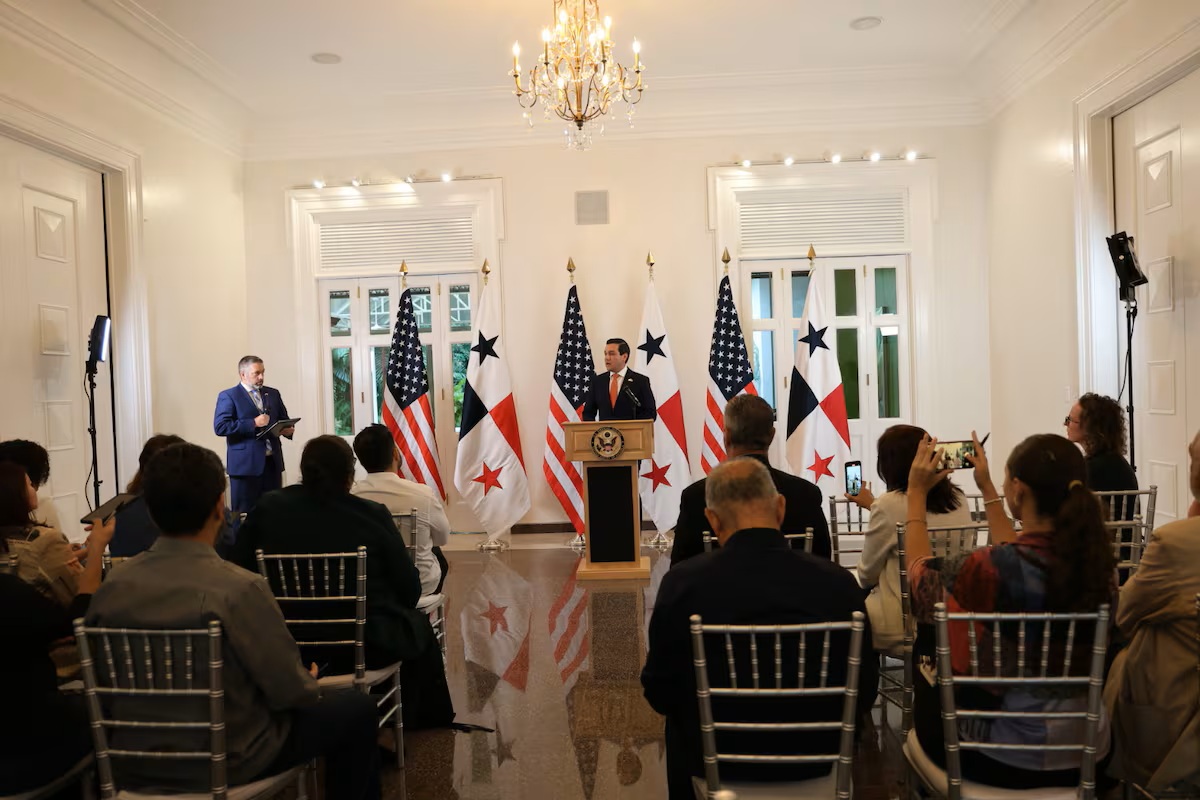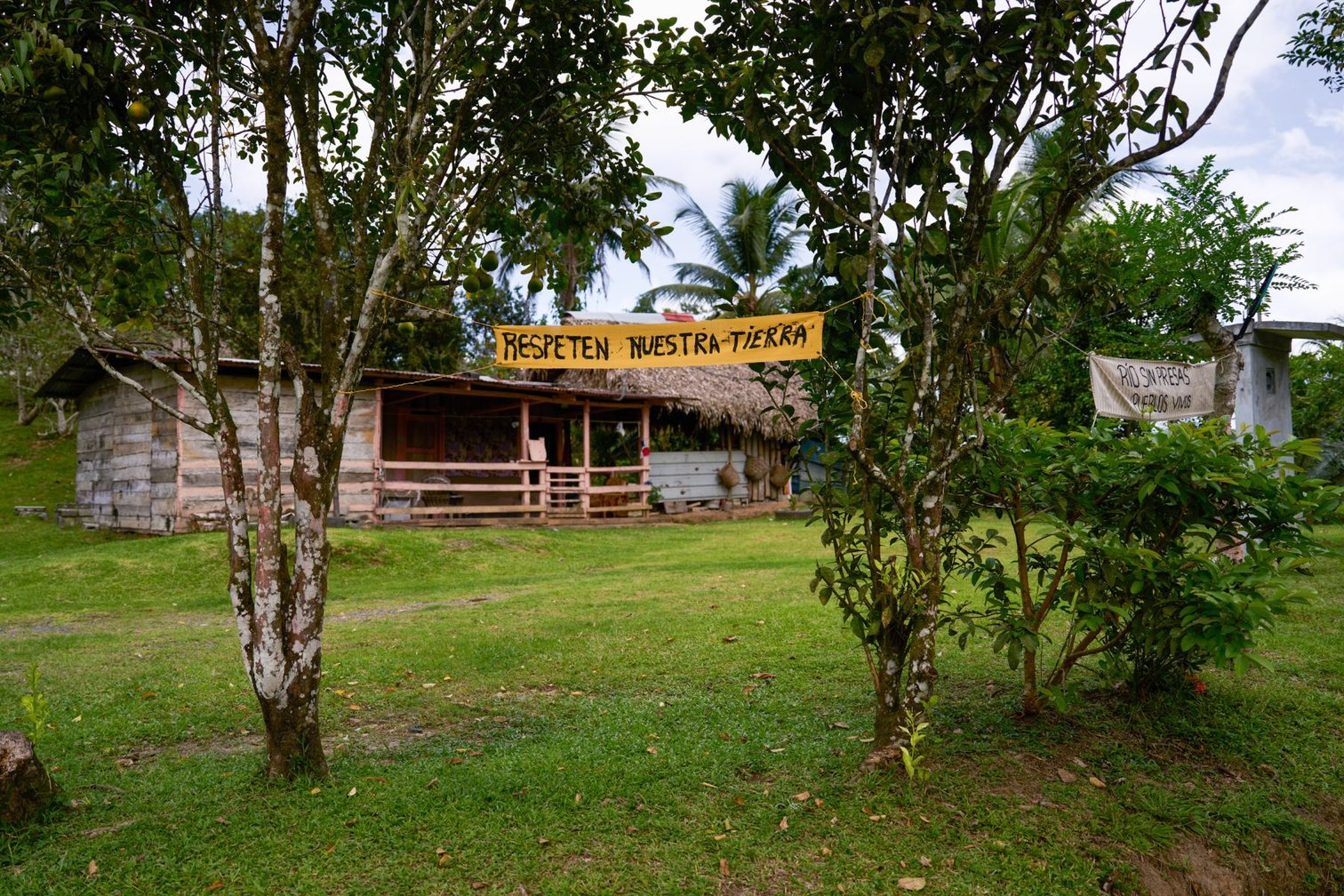Realtors, casinos, lawyers, insurance, face money laundering controls

A BILL being prepared Panama’s National Assembly will tighten up gaps in combatting money laundering activities which keep Panama on the gray list of Financial Action Task Force( FATF) which in turn is impacting the country’s economy.
Banks, especially smaller ones, are facing more obstacles to keep their lines open to the United States, and for any bank that wants to do business with the rest of the world.
The Minister of Economy and Finance, Dulcidio De La Guardia, told La Prensa that some economic activities “cannot access the international financial system.” The minister declined to say which activities as he does not want “to harm to the sectors” but said that some of its representatives have approached the ministry “because they find it impossible to make transfers to their suppliers or customers outside Panama through the US financial system.”
An IMF report revealed gaps in Panama to combat money laundering referred to, among others, real estate agents, insurance, money exchange, casinos, , lawyers, accountants, notaries and traders in precious metals and stones
Transfer restrictions for domestic companies came after Network Financial Crimes Enforcement (FinCEN, issued launched a warning to US banks after the inclusion of Panama in the gray list of FATF. The dependence within the Department of the Treasury of the US government, forcing banks to do what is known as enhanced due diligence when they have transactions with Panamanian entities. “By being in a country that ison a gray list, the level of risk of doing business rises,” said Raul Guizado a member of the board of the Banking Association Panama. And there are some US banks that are not willing to take that risk with certain local industries.
The spearhead of an action plan to change the situation is a new law to prevent money laundering and terrorist financing. De La Guardia said he hopes to send a bill to the National Assembly in the next 30 days and said that it will be controversial because many more economic activities than today will be monitored and additional controls will be needed
. “There are sectors that were not required to have a compliance office, or have procedures to identify and report suspicious transactions or report suspicious transactions. Some industries will be required to do all three, some less, “said De La Guardia.
The level of demand for each sector will be defined when the results of a risk assessment in which the Government is working with the Inter-American Development Bank and the International Monetary Fund will identify activities that are most likely to be infiltrated for money laundering and terrorist financing.
The banking sector, first affected by the decision of the FATF, supports the new anti-money laundering regulation and tighter controls in other economic activities. “The inclusion of non-financial sectors in this commitment is required for its impact on the country’s image said Carlos Troetsch, president of the Panama Banking Association The country has a limited time period -the commitment to the FATF is to have the new legal framework in June-, to solve a large challenge, which has been listed by the Government as the biggest threat to the national economy.
This process coincides in time with the investigations being followed by the judicial authorities and the banking regulator corruption cases linked to former administration officials, who were found with large sums of money in local banks. They note that the system is vulnerable to money laundering.





